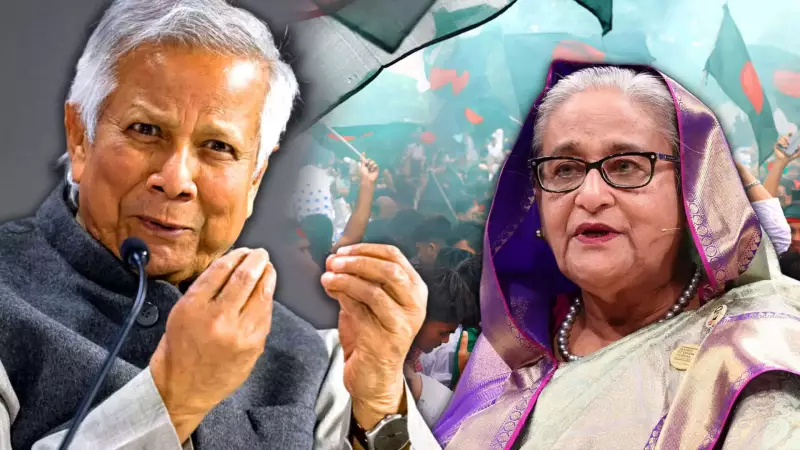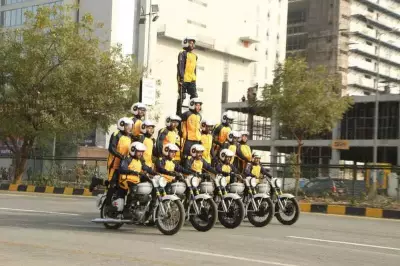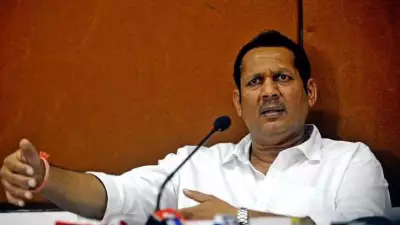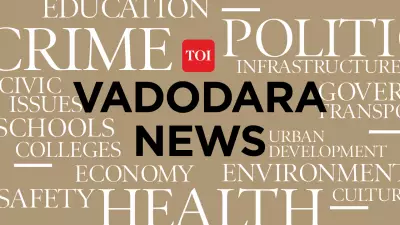
In a remarkable diplomatic rollercoaster, former US President Donald Trump has executed a stunning reversal in his stance toward India, moving from public criticism over New Delhi's engagements with China and Russia to declaring eternal friendship with Prime Minister Narendra Modi.
The Initial Confrontation: Trade Threats and Ultimatums
The tension began when Trump expressed visible frustration over India's perceived pivot toward China and its steadfast refusal to sever ties with Russia. The former president's administration delivered what appeared to be a 24-hour ultimatum demanding India cease purchasing Russian oil, reflecting Washington's growing impatience with Delhi's independent foreign policy decisions.
Matters escalated dramatically when Trump's trade adviser publicly raged against the visible bonhomie between Prime Minister Modi, Russian President Vladimir Putin, and Chinese President Xi Jinping during the SCO Summit. The apparent coordination between the three leaders at the multilateral gathering seemingly flipped America's tariff gambit, prompting what observers described as a declaration of economic war from the Trump camp.
Modi's Strategic Response and Trump's Dramatic U-Turn
Prime Minister Modi responded to the pressure with what analysts described as savage countermeasures, directly challenging what he termed selfish economic policies that threatened global stability. During his engagements at the SCO summit, the Indian leader strategically met with both Putin and Xi, demonstrating India's commitment to multilateral engagement despite American objections.
In a stunning development that caught diplomatic circles by surprise, Trump completely reversed his position, making a public declaration that Modi and I will always be friends. This remarkable U-turn came after his initial claims that the United States had lost India to China, highlighting the unpredictable nature of the relationship between the two democracies.
Broader Geopolitical Implications
The diplomatic drama unfolded against the backdrop of other significant developments, including Russian Foreign Minister Lavrov's declaration that Putin would not meet with Ukrainian President Zelensky. This statement added another layer of complexity to the already tense international landscape.
Meanwhile, Prime Minister Modi made significant domestic moves with his first visit to Jammu and Kashmir following the Pahalgam attack, where he strongly condemned Pakistan's actions against what he described as Kashmiriyat. The visit underscored India's determination to maintain normalcy in the region despite security challenges.
Tragedy struck in Sikkim where a landslide hit an Indian Army camp after the River Teesta swelled, resulting in three personnel killed and six missing. The incident highlighted the ongoing challenges faced by security forces operating in difficult terrain and climate conditions.
The diplomatic narrative received additional context when Congress leader Shashi Tharoor mocked Pakistan's Kashmir aspirations during a speech in Guyana, stating that they want something they don't have. The comment reflected India's consistent position on the Kashmir issue in international forums.
Looking Ahead: Uncertain But Significant Relations
The rapid sequence of events—from confrontation to reconciliation—demonstrates the complex and often unpredictable nature of India-US relations. The relationship appears to withstand significant pressure points, including disagreements over trade policies, energy imports, and strategic partnerships with other global powers.
As both nations navigate the challenging geopolitical landscape, Trump's dramatic U-turn suggests that the fundamental ties between the world's largest democracies may prove more resilient than temporary trade disputes or diplomatic disagreements might indicate.





